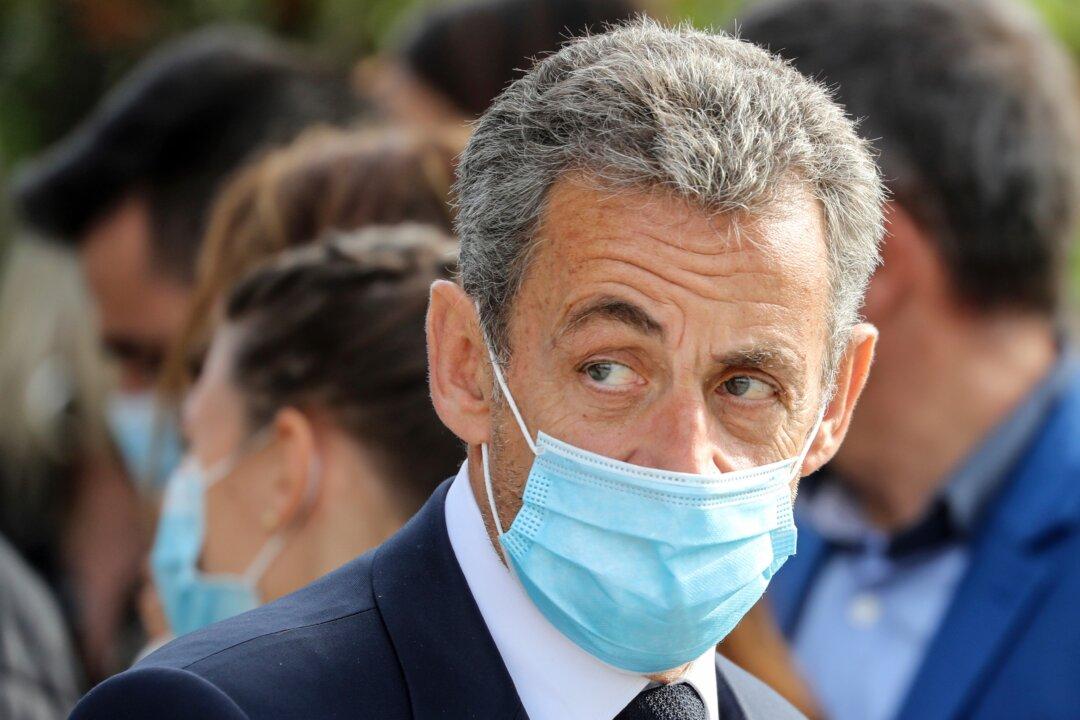PARIS—Former French President Nicolas Sarkozy goes on trial Monday on charges of corruption and influence peddling in a phone-tapping scandal, a first for the 65-year-old politician who has faced several other judicial investigations since leaving office in 2012.
Sarkozy is being accused of having tried to illegally obtain information from a magistrate about an investigation involving him in 2014.





